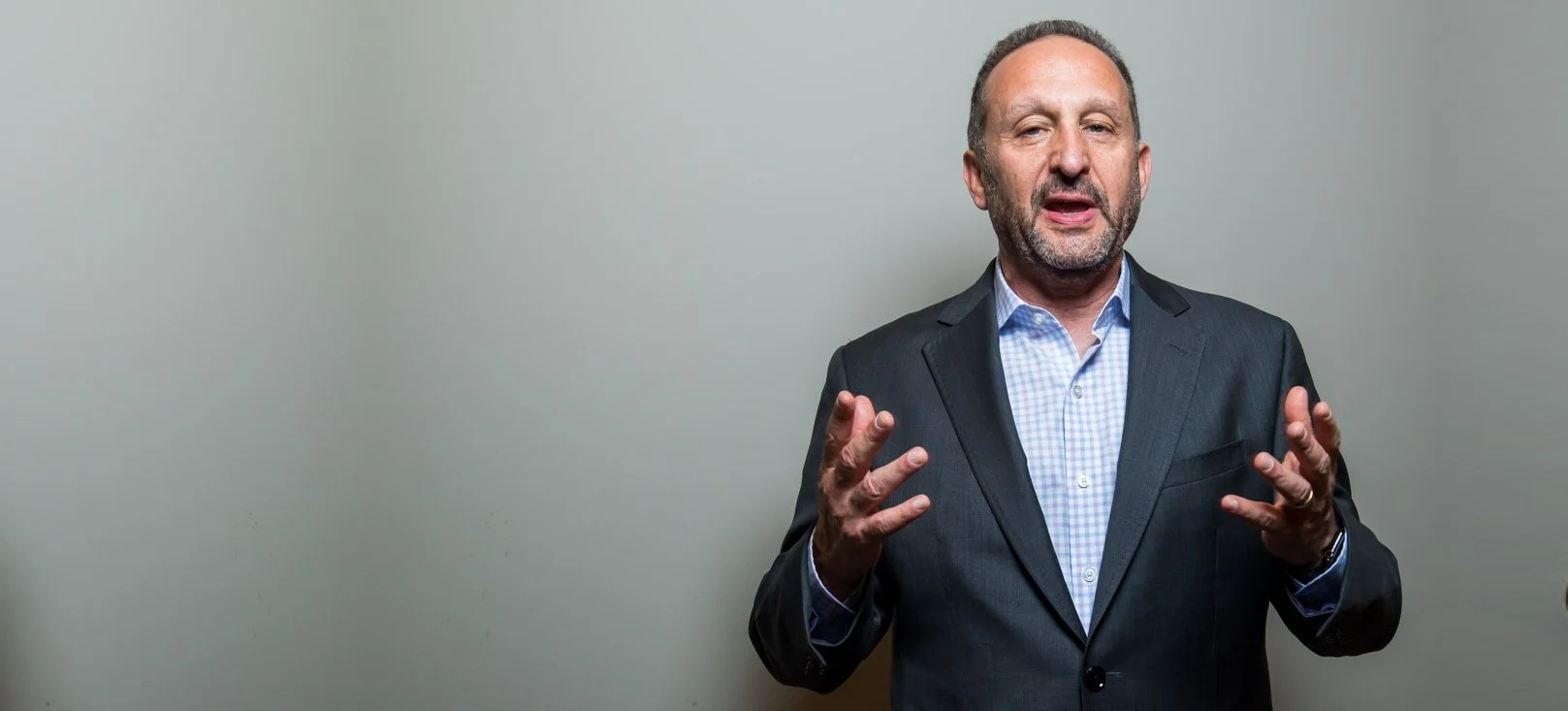Fundamental Attribution Error
We have a tendency to focus much too heavily on changing other people, and maybe not as much on changing ourselves. One of the reasons that we do that is something called fundamental attribution error. Very simply, fundamental attribution error says that when someone else does something bad or negative or they make a mistake, we have a tendency to attribute that to their character. That's just who they are. But when we make a mistake or we do something bad, we do something negative, we tend to attribute that to the situation or the environment.
What that causes us to do is not only to focus very heavily on changing other people, but because we believe it's part of their character, we actually believe they had negative intent in doing that wrong. That really hurts our ability to have relationships with people, to love people, to coach people.
For ourselves, that fundamental attribution error causes us to say, hey, that was just situational. That mistake I made, I blew up in that meeting because of the environment. I don't really need to change. It was situational. We don't have as much insight and we don't focus as much on changing ourselves.
As an example, I spend a lot of time in the public speaking world, and if I see another speaker and he really doesn't engage well with the audience, the audience doesn't seem to have energy or engagement with the speaker, I'm going to attribute that to that person just not being a very good speaker. But if I'm in front of a very similar audience and I can't seem to engage them and it doesn't go well, I might say, man, that was a tough audience. It wasn't me. It was a tough audience.
Or maybe someone on your team explodes in a meeting and acts disrespectful to someone else. You may attribute that to their character, which, again, makes it very tough to engage with them and coach them on it, whereas if you explode and act disrespectful to someone, it may be, well, I just had a tough morning. That's not who I am. I had a tough morning. Which means you're not really going to have any insight into changing that behavior moving forward.
So what I want to see you do is really take a focus switch on this and do the opposite of what the fundamental attribution error typically tells you to do. When someone else does something wrong or makes a mistake, what I want you to do is flip that switch and instead of saying it's their character or they intended to do something wrong, flip that switch to believing in positive intent. I want you to attribute what they did wrong to the environment, to the situation. That doesn't mean you won't coach them on it or talk to them about it, but it means you're going to have a much more beneficial, understanding conversation with them. There's actually a much better chance that you can coach them, help them resolve the differences you may have with them.
On the other hand, fundamental attribution error, which says, when you screw up, it's the environment, I want you to take a focus switch on that as well. I want you to say, what if it isn't the environment? What if this is a habit I've built? What if this is part of who I am? How can I change that? How can I take action?
So if you take fundamental attribution error, turn it upside down, create a focus switch, believe in the positive intent in other people, believe that you may have some introspection to do - number one, you're going to build stronger relationships with other people and have a better chance to collaborate with them, to coach them, to work with them, to influence them, and you're going to be more insightful about yourself and the changes you need to make. So switch your focus and turn the fundamental attribution error on it's head.

